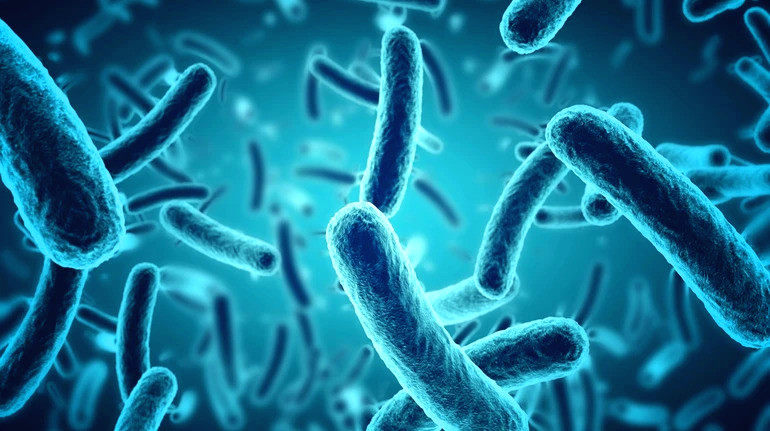Australian scientists have harnessed artificial intelligence to create a protein that can kill bacteria resistant to antibiotics, such as E. coli.
This innovation presents a novel approach to combating dangerous superbugs.
The research detailing this development was published in the scientific journal Nature Communications, as reported by ScienceDaily.
Dr. Rhys Grinter, one of the lead researchers, explained that proteins for treating cancer or infections have traditionally been derived from nature with some modifications.
However, new AI training methods allow for the creation of proteins "from scratch" with desired properties, reducing the costs and accelerating the development of new drugs.
Previously, scientists spent decades creating the ideal protein for a specific disease, but AI can accomplish this in mere seconds. Over the past year, it has developed many more proteins that will eventually assist in treating various conditions – from snake bites to cancer.
A team of Australian biologists and computer specialists has used AI to create proteins that destroy antibiotic-resistant bacteria. This development offers a new pathway in the fight against dangerous superbugs.
With the aid of AI, Australia can now create thousands of beneficial proteins rapidly, much like the USA and China. This could significantly transform the healthcare landscape in the country.
The new AI protein development program operates at the Bio21 Institute of the University of Melbourne and the Monash Institute of Biomedical Discovery, led by Dr. Rhys Grinter and Associate Professor Gavin Nott.
They explain that their AI protein development platform works on principles established by Nobel laureate David Baker, who developed a method to create numerous different proteins.
Associate Professor Nott adds, "These proteins are currently being transformed into medicines, vaccines, ultra-fine materials, and small sensors, as well as other products that will undergo testing soon."
